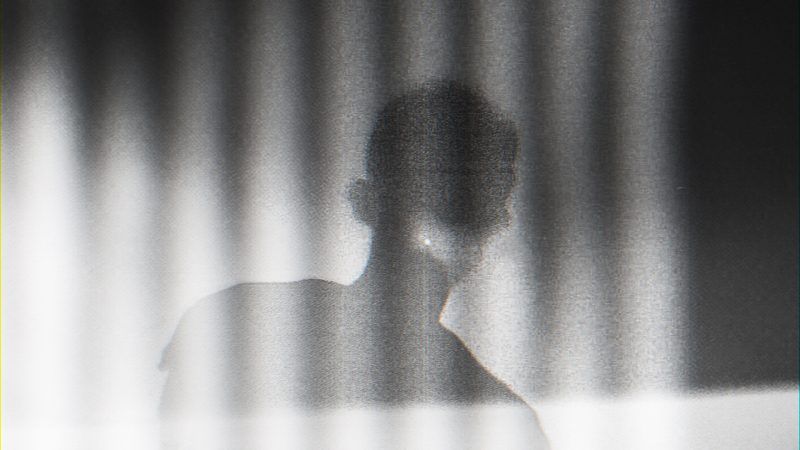A Tennessee Youth Detention Center Has Been Illegally Throwing Kids in Solitary Confinement
An investigation from ProPublica shows that one Knoxville-area facility is putting kids in solitary but skirting scrutiny by classifying the seclusion as "voluntary."

A Tennessee youth detention center has been skirting a state law prohibiting solitary confinement for minors by classifying solitary lockups as "voluntary"—even when youth have said they spent days locked alone in a cell.
An investigation from ProPublica and Nashville Public Radio published last month found that the Richard L. Bean Juvenile Service Center, a youth lockup near Knoxville, was violating a 2021 Tennessee law that banned solitary confinement for minors.
While state law provides an exception to the ban on solitary confinement in cases where youth request to be secluded for a "voluntary time-out" that they can leave at will, several youths told ProPublica that the facility has a practice of keeping kids locked up alone even after they had asked to leave—with some staying secluded for days.
"You can't come in and out — like, the door's locked," one teenager, identified by Tyler, his middle name, told ProPublica.
However, state officials have denied any wrongdoing at the Bean Center. Following the release of ProPublica's investigation into the center, the Tennessee Department of Children's Services released a statement claiming that "since March of 2022, DCS licensing staff have observed a significant and consistent improvement in the Bean Center's quality of documentation," adding that "in October of 2022 no deficiencies regarding seclusion practices were found."
But in an update published last week, ProPublica says that there is evidence of illegal solitary confinement incorrectly classified as "voluntary" in the center in early 2023.
According to ProPublica, during the first three months of this year, the center placed children in "voluntary" seclusion over 1,000 times—a number made even more shocking considering that the facility only housed about 30 youth at a time. In a comparable period during 2022, the center had one-third of the number of voluntary lockups.
Further, Tyler told ProPublica that during the summer, the center began locking up youth in a cell block called the "brown pod" as punishment. Tyler said that children held in the Bean Center had been requesting brief voluntary seclusion to skip school or sleep. In retaliation, kids were sent to the brown pod and locked up for days.
The Bean Center "made it where they move you to brown and you're in there for like the whole day," Tyler told ProPublica. "People who would ask to go on lock up would still be locked up for like two or three days before they'd come back." A second teenager interviewed by ProPublica, Francisco, confirmed that he was held in solitary for a day after asking for brief seclusion.
Superintendent Richard L. Bean "decided that he was mad that everybody was taking voluntaries because school wasn't happening," Francisco told ProPublica. "He just was like: 'All right, then everybody's going to brown for a day. And if you don't go to school no more, you go to brown for the whole day, to the next day.'"
Shockingly, Bean himself has admitted that he is locking youth in seclusion for days at a time as a form of punishment—something that directly violates Tennessee law.
"What I started doing is put them in seclusion until the next morning, and then they want to go to school," Bean told ProPublica. "And so that's working pretty good."
Despite state officials' claims, unlawful solitary confinement for youth held in the Bean Center seems far from over. And Bean himself seems confident that his policies can stay in place.
"If I got in trouble for it," he told ProPublica in November. "I believe I could talk to whoever got me in trouble and get out of it."


Show Comments (11)